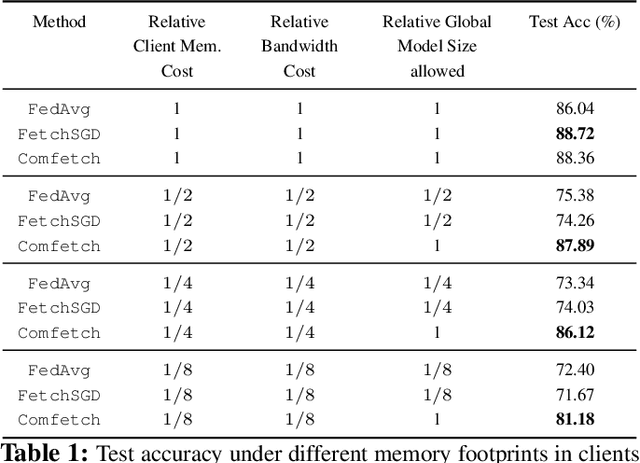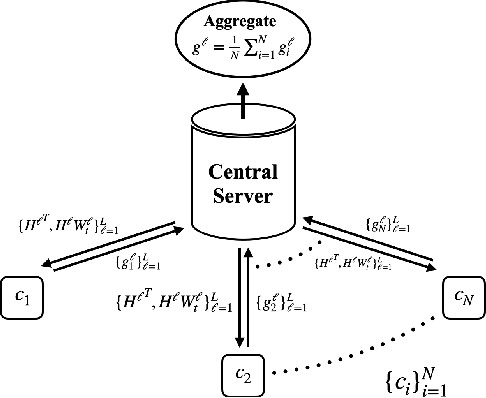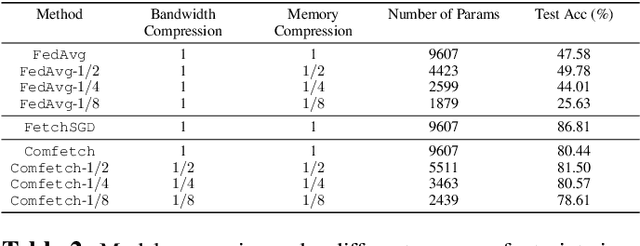Brandon Feng
Seeing the World through Your Eyes
Jun 15, 2023Abstract:The reflective nature of the human eye is an underappreciated source of information about what the world around us looks like. By imaging the eyes of a moving person, we can collect multiple views of a scene outside the camera's direct line of sight through the reflections in the eyes. In this paper, we reconstruct a 3D scene beyond the camera's line of sight using portrait images containing eye reflections. This task is challenging due to 1) the difficulty of accurately estimating eye poses and 2) the entangled appearance of the eye iris and the scene reflections. Our method jointly refines the cornea poses, the radiance field depicting the scene, and the observer's eye iris texture. We further propose a simple regularization prior on the iris texture pattern to improve reconstruction quality. Through various experiments on synthetic and real-world captures featuring people with varied eye colors, we demonstrate the feasibility of our approach to recover 3D scenes using eye reflections.
Comfetch: Federated Learning of Large Networks on Memory-Constrained Clients via Sketching
Sep 17, 2021



Abstract:A popular application of federated learning is using many clients to train a deep neural network, the parameters of which are maintained on a central server. While recent efforts have focused on reducing communication complexity, existing algorithms assume that each participating client is able to download the current and full set of parameters, which may not be a practical assumption depending on the memory constraints of clients such as mobile devices. In this work, we propose a novel algorithm Comfetch, which allows clients to train large networks using compressed versions of the global architecture via Count Sketch, thereby reducing communication and local memory costs. We provide a theoretical convergence guarantee and experimentally demonstrate that it is possible to learn large networks, such as a deep convolutional network and an LSTM, through federated agents training on their sketched counterparts. The resulting global models exhibit competitive test accuracy when compared against the state-of-the-art FetchSGD and the classical FedAvg, both of which require clients to download the full architecture.
 Add to Chrome
Add to Chrome Add to Firefox
Add to Firefox Add to Edge
Add to Edge